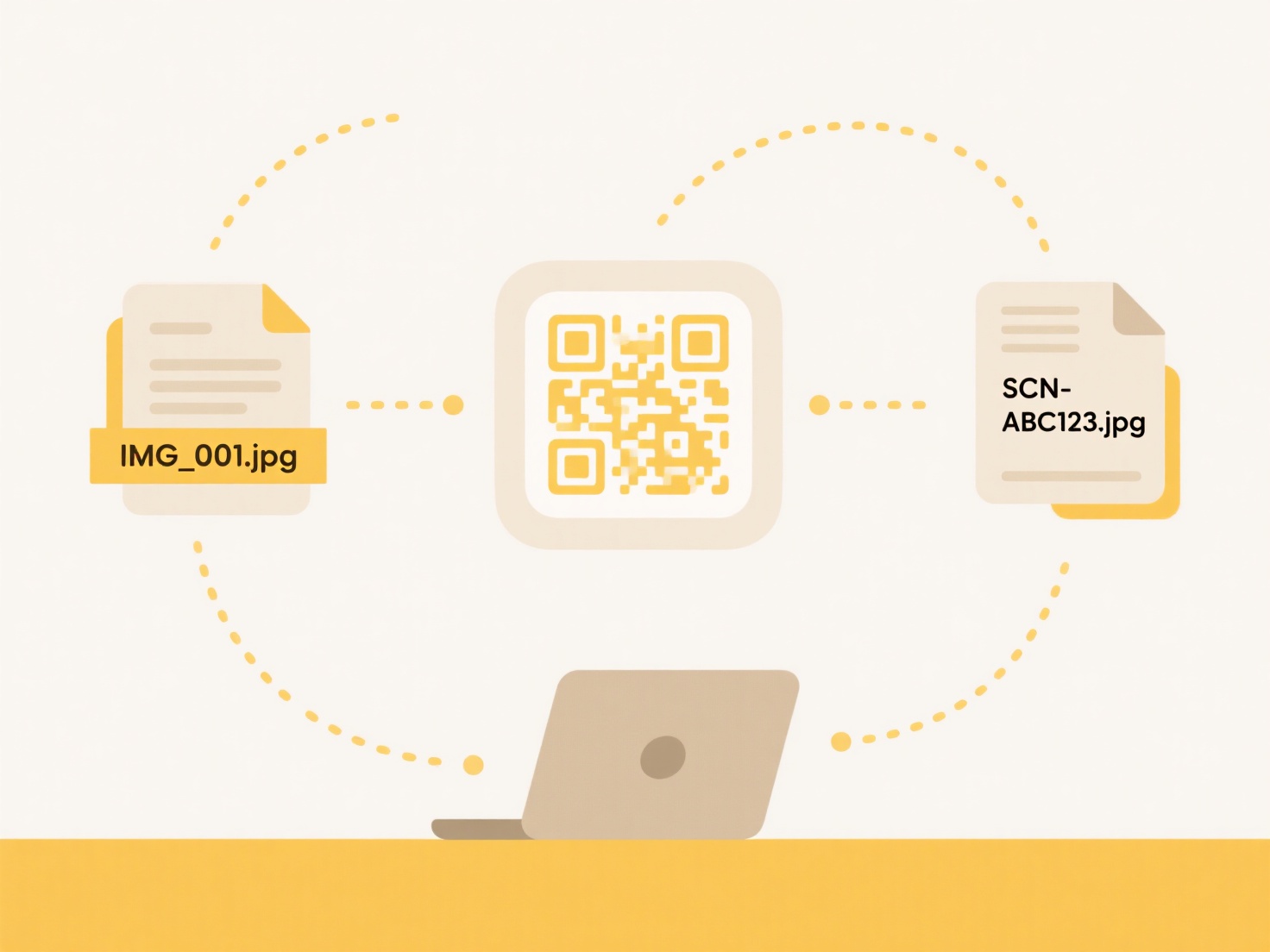
A .exe file, short for "executable," is a program file format used primarily on Microsoft Windows operating systems. It contains coded instructions that a computer can directly execute to launch an application or perform a specific task. Unlike document files (like .docx or .pdf) or installer packages (like .msi), a .exe file itself contains the program ready to run, though it may also install software. Think of it as the Windows equivalent of an app icon on your phone – clicking it starts the program.

The most common way to open a .exe is by double-clicking it in Windows File Explorer, which launches the application immediately. For example, double-clicking notepad.exe opens the Notepad text editor, while double-clicking steam.exe runs the Steam gaming platform client. Sometimes, users interact with .exe files through command prompts or scripts, providing arguments for specific functions, especially in IT or software development scenarios.
While .exe files are essential for running software, they pose significant security risks as malicious software often uses this format. Therefore, only open .exe files from trusted sources. Antivirus software scans .exes for threats, and modern Windows versions may display warnings about unfamiliar executables. This inherent security concern remains a key limitation despite the format's fundamental role in Windows functionality. Always be cautious before running any downloaded .exe.
What is a .exe file and how do I open it?
A .exe file, short for "executable," is a program file format used primarily on Microsoft Windows operating systems. It contains coded instructions that a computer can directly execute to launch an application or perform a specific task. Unlike document files (like .docx or .pdf) or installer packages (like .msi), a .exe file itself contains the program ready to run, though it may also install software. Think of it as the Windows equivalent of an app icon on your phone – clicking it starts the program.

The most common way to open a .exe is by double-clicking it in Windows File Explorer, which launches the application immediately. For example, double-clicking notepad.exe opens the Notepad text editor, while double-clicking steam.exe runs the Steam gaming platform client. Sometimes, users interact with .exe files through command prompts or scripts, providing arguments for specific functions, especially in IT or software development scenarios.
While .exe files are essential for running software, they pose significant security risks as malicious software often uses this format. Therefore, only open .exe files from trusted sources. Antivirus software scans .exes for threats, and modern Windows versions may display warnings about unfamiliar executables. This inherent security concern remains a key limitation despite the format's fundamental role in Windows functionality. Always be cautious before running any downloaded .exe.
Quick Article Links
How do I export a presentation from Keynote to PowerPoint?
Exporting a Keynote presentation for use in Microsoft PowerPoint involves converting your Keynote (.key) file into a for...
Can I use scripts to clean up duplicates?
Yes, scripts can be used effectively to clean up duplicate files or data entries. This involves writing or using small p...
Can I rename files on network drives?
Renaming files on network drives is typically possible, provided you have sufficient permissions. A network drive refers...